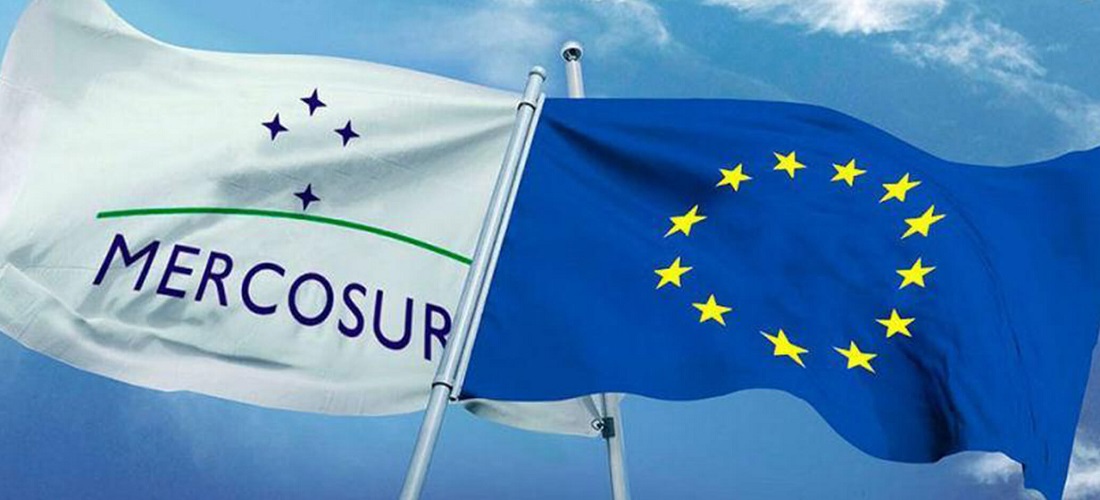
European Parliament rejects EU-Mercosur agreement due to environmental concerns
Oct, 07, 2020 Posted by Ruth HollardWeek 202041
On Wednesday, October 7, the European Parliament symbolically rejected the European Union-Mercosur free-trade agreement due to what several parliamentarians have called “deep concern about the environmental policy of Jair Bolsonaro”.
In an unprecedented move, Parliament’s plenary approved an amendment in a report on the application of European trade policy, emphasizing that the “EU-Mercosur agreement cannot be ratified in its current form”.
This amendment received 345 votes in favor, 295 against, and 56 abstentions. It is highly symbolic and not mandatory, but it reflects the extremely difficult environment to implement the bi-regional agreement which has been negotiated over the past 20 years.
In practice, the need for additional guarantees by the Bolsonaro government in the environmental area will be essential for Europeans to decide whether or not to move to ratify the bi-regional agreement.
The original text of the report in the European Parliament stresses that EU-Mercosur represents the largest agreement between blocs of this type and has the potential to create an open market zone with mutual benefits for approximately 800 million citizens. It stresses that the agreement, like all EU trade agreements, must ensure conditions of fair competition and guarantee respect for European standards and production methods. The agreement maintains a binding chapter on sustainable development that must be applied, implemented, and globally assessed. It also contains specific commitments on labor rights and environmental protection, including the implementation of the Paris Agreement on climate and its relevant rules for application.
However, in a plenary parliamentary session, a group of French deputies from the Renova Europa group (liberal center) proposed the amendment that reflects the views of Emmanuel Macron’s government.
The final text removed the mention of President Bolsonaro but retained the message that the agreement cannot be ratified as it currently stands. For analysts, it is a clear symbolic rejection of the agreement.
Source: Valor Econômico
-
Trade Regulations
Jun, 04, 2021
0
Mercosur postpones a meeting of ministers to define the future of the TEC
-
Other Cargo
Aug, 24, 2022
0
Storm ahead: congested ports, heatwaves worry international pulp market
-
Meat
Apr, 25, 2023
0
Frigol-owned meat processing plant gains export qualification for Singapore
-
Ports and Terminals
Apr, 20, 2022
0
Soybean exports are expected to increase by 24% at the Port of Santos

